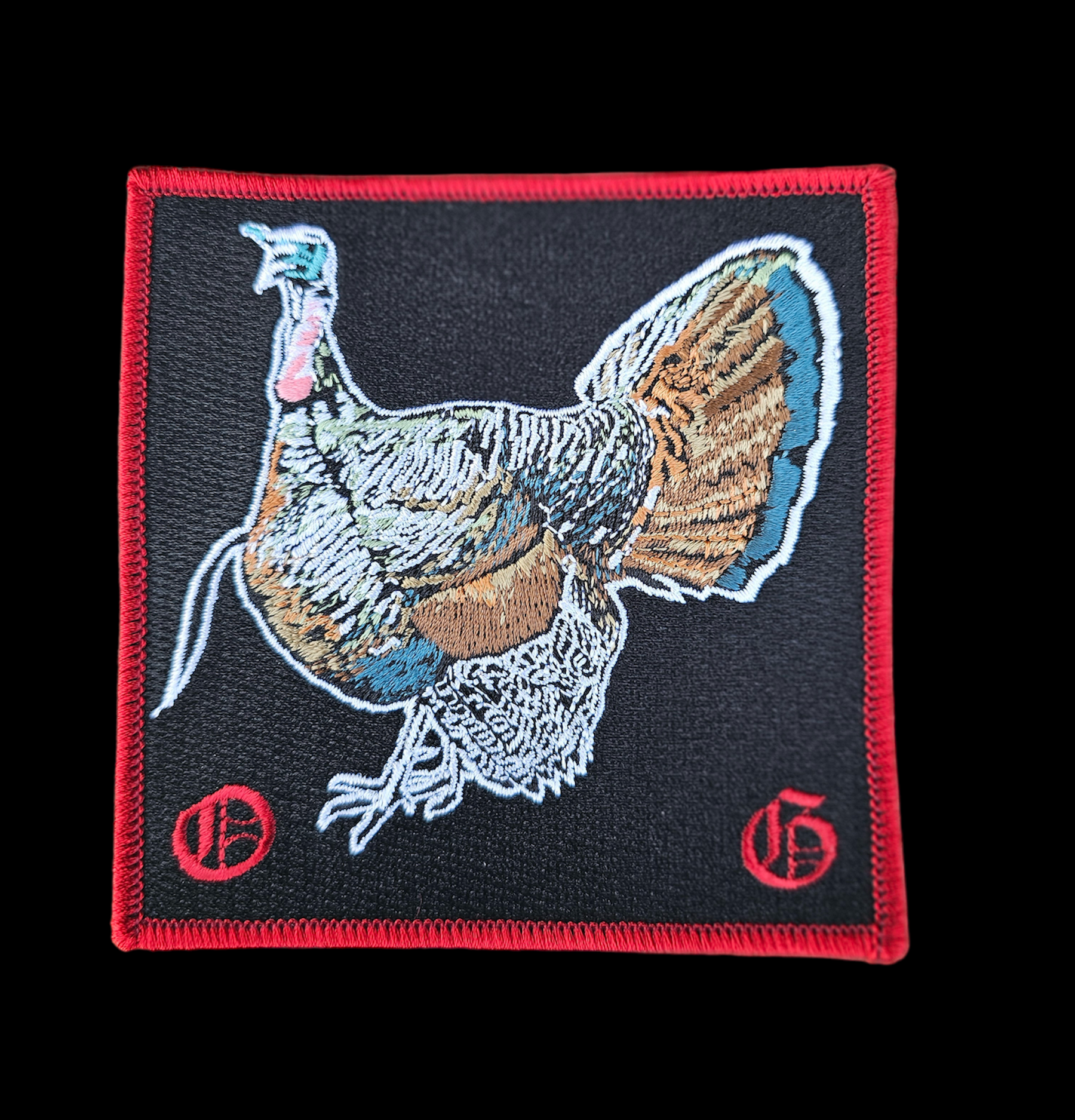       |
Turkey hunting forum for turkey hunting tipsThe world needs to eat less meat to save the planet
Whats the best lesson you've learned from a tough bird that helped you later on?Started by Jstreater18, February 13, 2024, 04:13:39 PM Previous topic - Next topic
User actions
|